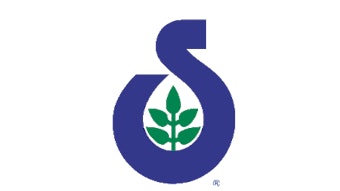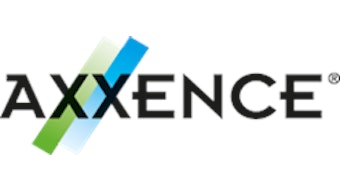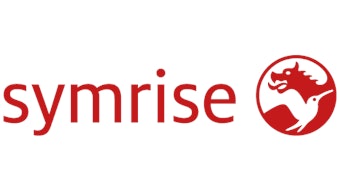Senomyx Inc.’s loss widened for both the fourth quarter and the 2012 full year, and the company said it plans to launch a direct sales strategy rather than relying solely on licensing collaborations for commercialization.
The San Diego company which develops and commercializes flavor ingredients said its fourth-quarter loss widened to $2.21 million from $1.66 million a year earlier. Revenue for the quarter slipped nearly 5% to $8.18 million.
For the full year, Senomyx’s loss widened to $9.19 million from $8.72 million a year earlier. Total revenue for 2012 inched slightly downward to $31.3 million from year-ago results of $31.6 million. Commercial revenues for the year rose. Although development revenues, which contribute the largest portion to total revenue, slipped primarily due to lower upfront license fee revenues recognized in 2012 compared to 2011.
For the full year 2013, Senomyx expects a loss of $8 million to $10 million on total revenue of $31 million to $34 million. In order to accelerate its goal of eventual profitability, Senomyx said it will sell certain of its flavor ingredients directly to flavor companies for re-sale to food and beverage companies in order to expand the market and create new opportunities to increase total usage of Senomyx's products.
Senomyx CEO Kent Snyder said the company’s direct sales strategy complements existing collaborations, which are based on exclusive or co-exclusive commercialization licenses with its partners who pay royalties to Senomyx.
"The new strategy is expected to allow Senomyx to have a greater role in the commercialization process and realize more value from our discoveries. Having numerous flavor companies marketing our flavor ingredients is expected to enable deeper and broader penetration of the food and beverage industry. Senomyx will focus on sales of our pure, also commonly referred to as 'neat' ingredients to flavor companies, who can then add value to the offerings by incorporating them into proprietary flavor systems for their customers," Snyder said.
Senomyx, in moving towards implementing the direct sales strategy, has reacquired rights to certain flavor ingredients to build its product portfolio. The company's first product will be its S9632 sucrose modifier for use in non-alcoholic and powdered beverages. In addition, Senomyx may also decide to directly commercialize its S6821 bitter blocker and several of its savory flavor ingredients to expand the product portfolio and further support the direct sales strategy.
“The timing is especially favorable for Senomyx's marketing of S9632, a unique flavor ingredient that allows manufacturers to restore the flavor profile in their reduced-sugar products. The growing consumer focus on health and wellness is continuing to increase the demand for foods and beverages with reduced calories. We believe S9632 will allow Senomyx to capitalize on this demand by providing solutions for manufacturers seeking to create new offerings that meet these needs while maintaining the taste consumers enjoy,” Synder added.
In updating news on its sweet flavor modifiers, Firmenich is conducting commercialization activities with S6973 in the Americas, Southeast Asia, Africa, and Australia. Firmenich has started demonstrating the capabilities of S9632, a new sucrose modifier that received Generally Recognized As Safe (GRAS) approval in the third quarter, to manufacturers for use within their licensed fields. Senomyx plans to sell S9632 on a direct sales basis to flavor companies for end-use in non-alcoholic beverages and powdered beverages.
Manufacturers using Senoymx’s S2383, which are used to restore the desired taste profile of products made with reduced amounts of sucralose, are planning follow-on launches. Additional product development work for potential usage of S2383 in a variety of products is underway.
In Senomyx's savory taste program, four of the savory flavors will be considered legal for use in European Union countries as of the end of April 2013.
In its cooling taste program, Senomyx is in the early stages of the development process with a new cooling agent. Firmenich has exclusive commercialization rights for new flavors developed under the cooling taste program and is currently evaluating additional cooling agents for potential future development.
Also, Senomyx has assembled a proprietary database of proteins found in taste buds and the company said progress is being made exploring the role of a number of these proteins that may be involved in salt taste perception. In addition, the company is currently focusing greater effort on a smaller subset of proteins that includes potential lead receptor candidates.
In other news, Catherine (Katia) Tachdjian has been promoted to the role of vice president, chemistry. Most recently an executive director, Tachdjian joined Senomyx in October 2003 and has focused on savory, bitter blocker, and sweet taste programs.









